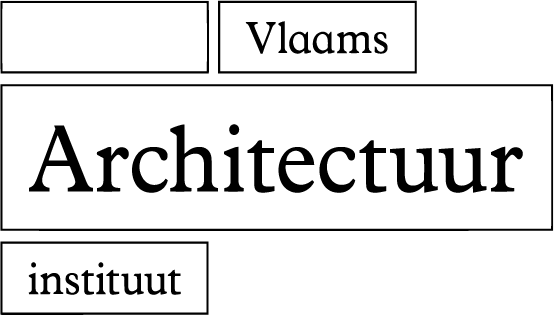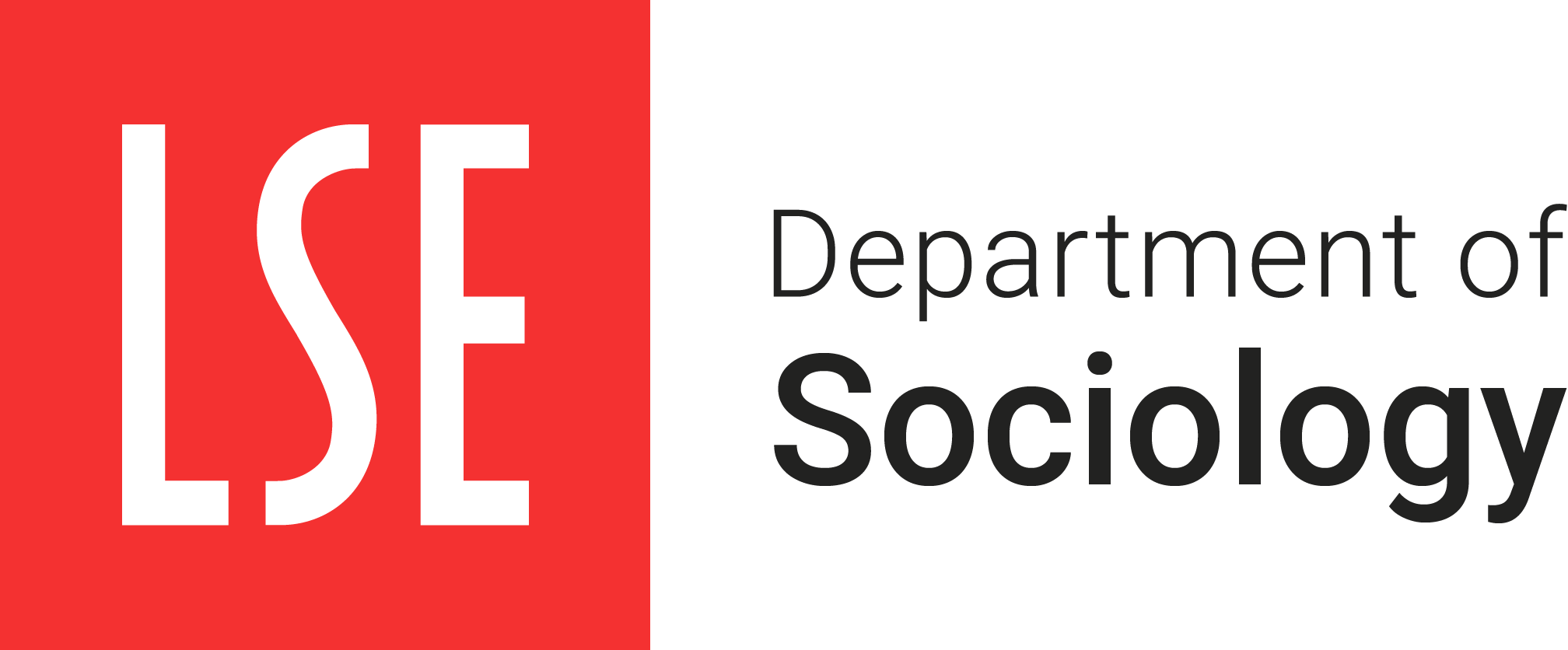ABOUT
︎︎︎
︎︎︎
This project brings together contributions and interviews that beautifully re-imagine mapping, space, power, and coloniality across Africa and the diaspora. Below we share the initial concept note for the project, which speaks to the theoretical, empirical and methodological stakes we see in a project like this, and what kind of space we hoped to create. We also share below the program of a story-telling workshop we held for contributors that is an essential part of this website’s pre-history. We chose to host these contributions on a website so that they are accessible and open-access, and so that we can include different mediums of knowledge production.
It was very important to us that the different pieces on the website speak to one another. To this end, we created five different indexes/ways of mapping that both draw connections between pieces and allow the user to explore the website in different ways.
We are incredibly grateful to the LSE KEI fund and Vlaams Architectuurinstituut for funding the project. We would like to thank Daniel Effah for his beautiful piece, featured on our landing page; Andy Christofferson and Laura Kemp (LSE Sociology); Sophie Mallet (LSE) for all of their amazing work getting the project off the ground and creating materials for it. We are deeply grateful to Ola Uduku, Momen El-Husseiny, Sheryl-Ann Simpson, Ozayr Saloojee, Suzi Hall and Marc Miller for acting as discussants during the workshop and providing interviews, and to Claudia Gastrow and Léopold Lambert for their interviews. Finally we would like to thank Huda Tayob for her guidance and advice during the initial stages of the project.

CONCEPT NOTE
What is the use of a map for an African body? How can we map against our own epistemic displacements while most of the maps we know are devices of that displacement? When can this practice of mapping be of ceremonial use? We have recognized the map in its complicity in the colonization of our land and bodies. It is especially complicit in the division of this world into countries, regions, cities, towns and streets, in orienting us in particular ways towards space. It became the documentation and the realization of what Fanon describes as “world divided into compartments.”
Existing territorial frameworks fail to understand autochthonous/African modality; Africa as a “place” and Africa as a “territory” - according to Mbembe - are two distinct existences, “a place is the order according to which elements are distributed in relationships of coexistence...as for a territory, it is fundamentally an intersection of moving bodies.” Territory becomes the object of an appropriation, proof of the exercise of power or jurisdiction. As Brenna Bhandar has shown us, this has much to do with the workings of racial capitalism and the formation of property as always-already tied to histories of enslavement, expropriation and colonialism. And, if territory is space plus power - as Stuart Elden posits - what are then the autochthonous powers we recognise, and how did they move with our diasporic bodies? And if territory is place plus labour - as Raffestin claims - what kinds of political, emotional, and spiritual labour have produced territories that are now disembodied and destitute. But then what can the map do for the territory?
We mistook the map for the territory, as Sylvia Wynter understood. We maintained an understanding of a territory that operated “within the terms of our present order of knowledge and its biologically absolute conception of the human.” Therefore the map looked to be as material as we had believed our own existence to be - or were epistemically displaced to believe our existence is. But we come back to the question, what is the use of a map for an African body? We might think of Sara Ahmed here when she asks: what is the queer possibility inherent in mapping, can we re-use/re-map? Maps and mapmaking - according to Nishat Awan - could bring together disparate knowledge and claims, and ways of seeing the world.
We no longer mistake the map for a territory and we no longer read the map as truth, but we refuse to cede the territory, its body or its ontology, its means of production and its production of meaning. Our ancestors never stopped emotional and spiritual territorial performances despite displacement and diaspora, in and out of the continent. We see Africa emerging despite. What might it mean, then, to refuse to cede the map? Maps are not unattainable technologies to Africans; Epifania Amoo-Adare, for example, teaches us how Asante women exercise mapping as spatial literacy against a neolibral city, and Dionne Brand shows us how to reject the senses of spatial universality while walking us into cartographies of a place of otherwise. Moreover, map making is no longer bound to its custodial techniques of representation; works by Australian Aboriginal artist Vernon Ah Kee emancipates a map for our black and brown bodies, by isolating the projection from the seen. Thinking with Trouillot, how might we trouble, imagine, create and dream of what has always been thinkable to us?
Our project, here, is to map the ways in which the African continent keeps reinventing, resummoning, or unbounding itself from dominant frames of place-making, as well as how diasporic and displaced Africans deploy critical ideas of space as a way of imagining an otherwise and an elsewhere. The map here is the question, not the answer, one we take the time to ask at the intersection of a world on fire. However, the answer to that question cannot be that we are/were colonised, it cannot be a reiteration of the violence and destruction of colonialism. There is always another story that we might want to tell. We share Katherine McKittrick’s belief that description is not liberation, and that we must analyse and create. How does moving away from dominant orderings make us free to re-imagine, re-create and re-map? How can our recognition of spatial performances of the otherwise recalibrate our understanding of our right to African place altogether?
We use the idea of disembodied territories to understand sites of African resistance where marginalized epistemes outlast erasure, centering place-making as a vital and ever-changing way of being in the world. Disembodied here gestures towards a break from dominant and Eurocentric notions of bio-determined place and time, centring instead place-making as imaginings of what an African space can feel, look, smell, sound, and be like. Working against the coloniality of maps as methods and means of dispossession, ordering, extraction, enslavement, and war-making, against our own epistemic displacement. we ask how we might subvert or transcend this violent past and present to instead centre ideas of space imagined otherwise.
This undertaking appears in the lights and shadows of projects such Chimurenga, the Archive of Forgetfulness, African Mobilities, Palestine Open Maps, The Funambulist and many more who represent a growing exploration of African, diasporic, and Global South world-making, space-making, sense-making, and care-taking projects. We are immensely grateful to these incredible projects and what they have opened up and made imaginable, through asking questions on the basis of African political, epistemic, and moral grounds. We want to move towards abolitionist geographies, as Ruth Wilson Gilmore teaches us. We want to look through a lens of Pan Africanism that moves from the temporal to the spatial, as we learned from Denise Ferreira Da Silva. We want to rebuild our atrophied habits of assembly as Stephano Harney and Fred Moten implore us to do. And we want to free ourselves from the compulsive pursuit of mastery, as Julietta Singh urges us to do.
In short, this is a collective, fugitive, messy, and incomplete sense-making exercise. And we do it because we want to do it.
References:
Ahmed, S., 2019. What's the Use?: On the Uses of Use. Duke University Press.
Amoo-Adare, E.A., 2013. Spatial Literacy: Contemporary Asante Women's Place-making (p. 173). New York: Palgrave Macmillan.
Awan, N., 2017. ‘Mapping Otherwise’ in, Schalk, M., Kristiansson, T. and Mazé, R., Feminist futures of spatial practice: Materialisms, activisms, dialogues, pedagogies, projections. AADR/Spurbuchverlag, pp. 33-41.
Bhandar, B., 2018. Colonial lives of property: Law, land, and racial regimes of ownership. Duke University Press.
Brand, D., 2012. A map to the door of no return: Notes to belonging. Vintage Canada.
Elden, S., 2013. The birth of territory. University of Chicago Press.
Fanon, F., 2007. The wretched of the earth. Grove Press.
Mbembe, A., 2001. At the edge of the world: Boundaries, territoriality, and sovereignty in Africa. In Globalization (pp. 22-51). Duke University Press.
Moten, F. and Harney, S., 2021. All incomplete. AK Press.
Raffestin, C., 2012. Space, territory, and territoriality. Environment and Planning D: Society and Space, 30(1), pp.121-141.
Singh, J., 2017. Unthinking mastery: Dehumanism and decolonial entanglements. Duke University Press.
Trouillot, M.R., 1995. Silencing the past: Power and the production of history. Beacon Press.
Wynter, S., 2006. On how we mistook the map for the territory, and reimprisoned ourselves in our unbearable wrongness of being, of Desêtre: Black studies toward the human project. A Companion to African‐American Studies, pp.107-118.
STORYTELLING WORKSHOP:
DISEMBODIED TERRITORIES
This workshop is part of the collective mapping project “Disembodied Territories” which brings together investigations around place making and territory from an African point of view, in which African scholars, artists, architects and writers try to make sense of Africa, unbounded. This collection of voices and analysis spans African spaces beyond territorial politics and colonial borders, in a trial to make sense of our African space inside the continent and in the diaspora. We have 40 entries by an inspiring group of African thinkers, looking at a stunning range of subjects, from watery politics in the Niger Delta to Zimbabwean dreams of space, from the ghosts of the past in South Africa to diasporic reflections on American, Arab Canadian and British blackness.
In this storytelling workshop, we carve out a place to share our senses, see and hear each other’s places. It will take place on the 1st of July over 6 sessions, with each session taking around 90 minutes in which 5-6 contributors will share their proposals. We are honoured to have the expertise and wisdom of esteemed respondents who will give their insight around the proposed topics. The workshop will be an intimate space and will not be broadcast live but we might consider publishing parts of our conversation, following consent from everyone involved.
Workshop Program
(This program is preliminary and subject to slight changes)
July 1st, 2021
Session 1:
8:00 - 9:30 (BST)
Unconfessed Architectures
Engaging Narrative Epistemic Blackness
Olivia Rutazibwa
Disembodying the Black Brit
Christiana Ajai-Thomas
Spatial Storytelling: Conduit and Vessel
Khensani de Klerk
Water No Get Enemy: Counter-Cartographies of Diaspora
Huda Tayob
Engaging Narrative Epistemic Blackness
Olivia Rutazibwa
Disembodying the Black Brit
Christiana Ajai-Thomas
Spatial Storytelling: Conduit and Vessel
Khensani de Klerk
Water No Get Enemy: Counter-Cartographies of Diaspora
Remi Kuforiji
Respondent:
Ola Uduku
Ola Uduku is Research Professor in Architecture at the Manchester School of Architecture. Prior to this she was Reader in Architecture, and Dean International for Africa, at Edinburgh University. Her research specialisms are in the history of educational architecture in Africa, and the contemporary issues related to social infrastructure provision for minority communities in cities in the ‘West’ and ‘South’. She is currently engaged in developing postgraduate research and teaching links in architecture urbanism, heritage and conservation between West African Architecture schools and those in North West England.
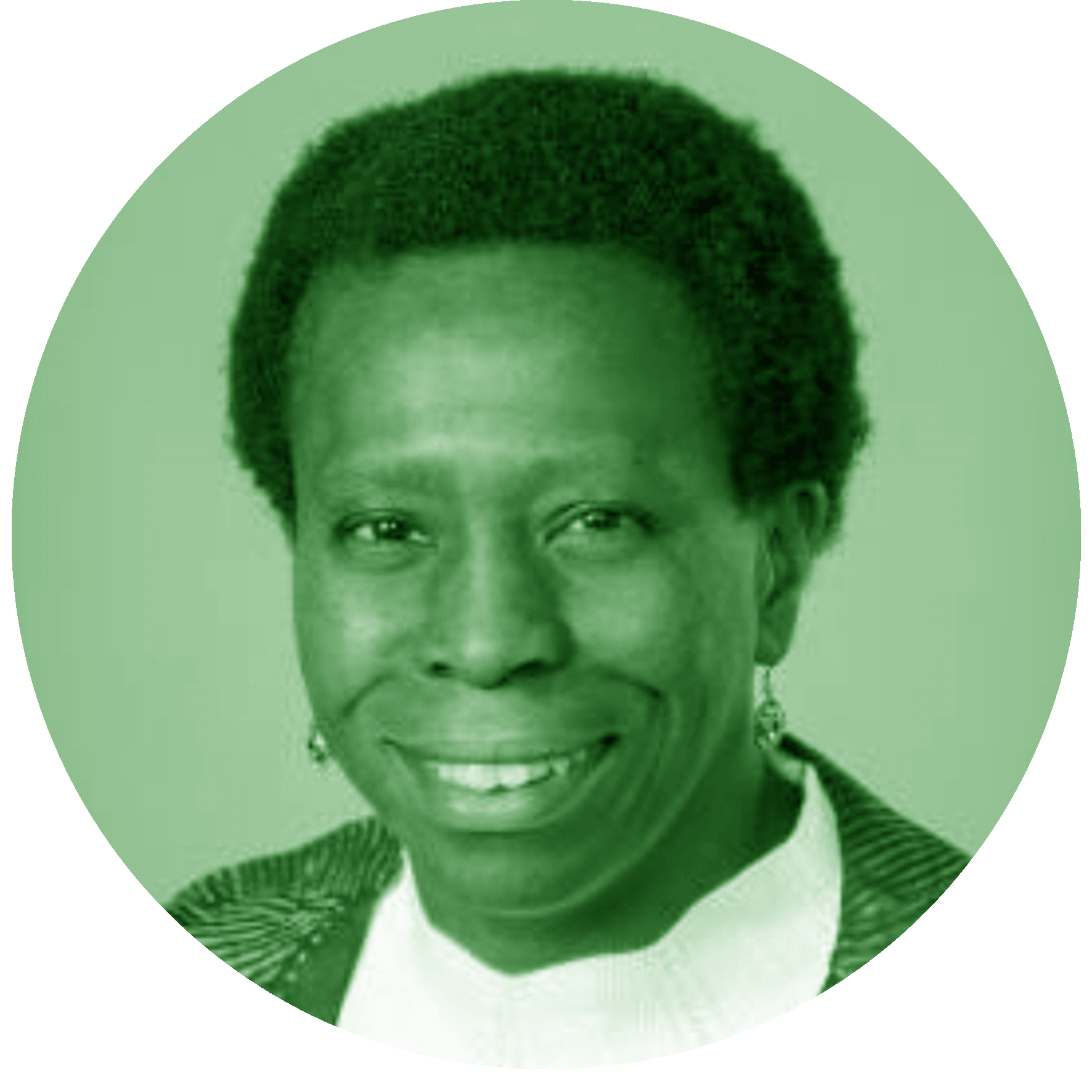
Session 2:
10:00 - 11:30 (BST)
Rebellious Roots
Sarri Elfaitouri
A Geopoetics of Dust
Aya Nassar
Dead on Arrival
Sabine Mohamed
They Who Dream of Waves: A Concise Guide to Afro-Asia
Alfonse Chiu
An Extension of Data: The New Black Gold
Ibiye Camp
Heritage work as speculative fiction
Omar Berrada
Sarri Elfaitouri
A Geopoetics of Dust
Aya Nassar
Dead on Arrival
Sabine Mohamed
They Who Dream of Waves: A Concise Guide to Afro-Asia
Alfonse Chiu
An Extension of Data: The New Black Gold
Ibiye Camp
Heritage work as speculative fiction
Omar Berrada
& M’barek Bouhchichi
Respondent:
Momen El-Husseiny
Momen El-Husseiny is assistant professor of architecture and urban design at The American University in Cairo. As a licensed architect since 2003, he has collaborated in the design of several international competitions and projects across the Middle East including The American University in Cairo's New Cairo Campus (2001-2006) particularly the Performance and Visual Arts building (PVA) with its park and square. He is a trained ethnographer with a PhD from the University of California, Berkeley in Architecture (2007-2015) with a designated emphasis in global metropolitan studies and minor in anthropology.
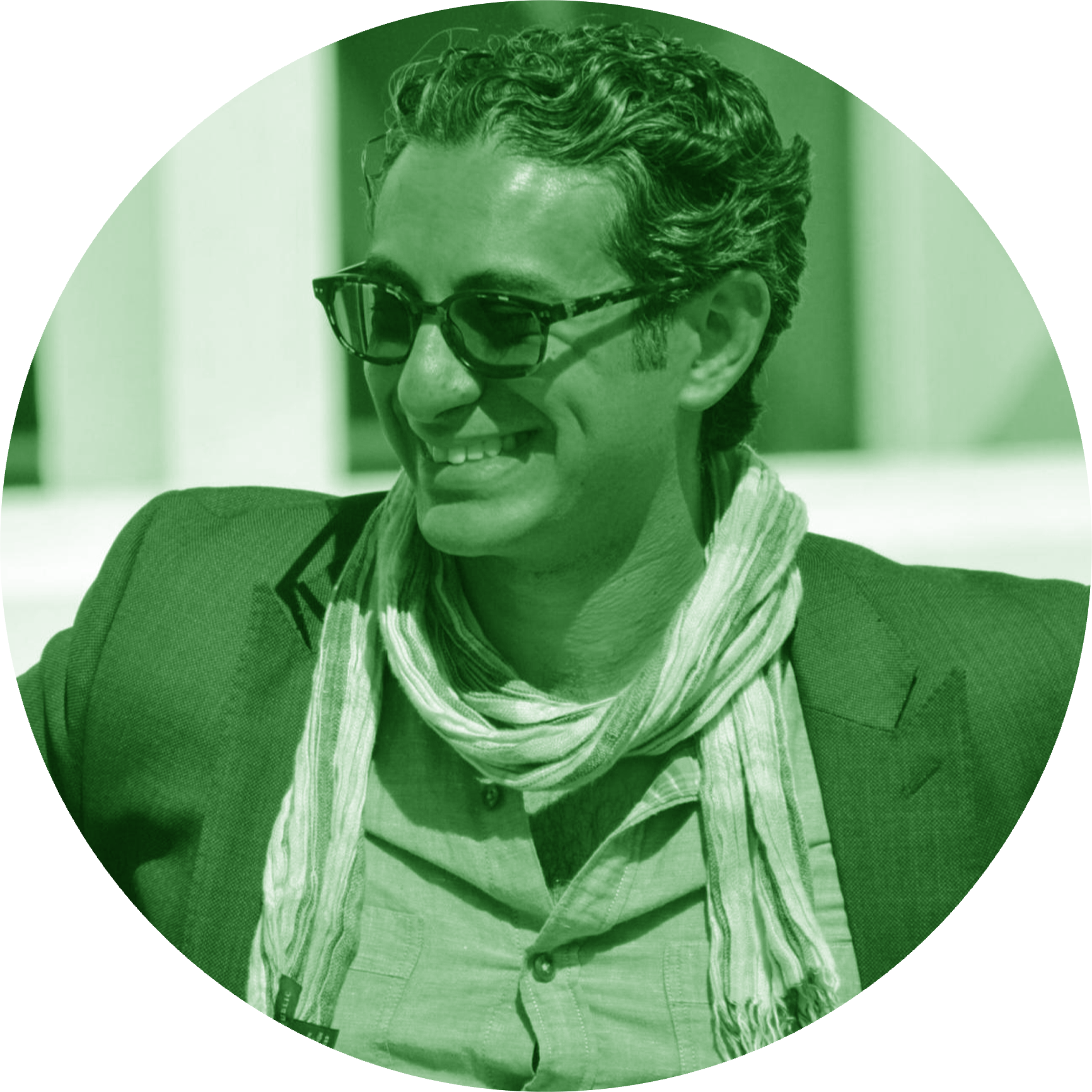
Session 3:
13:30 - 15:00 (BST)
Against the Colonial Carceral Diaspora
Earth / Satellite Station / Mazowe
Nightwalkers, Insurgent Nocturnal Ecologies
Mapping the Living
"So, an Igbo and Inuk Woman Walk Into a Gallery..."
Kosisochukwu Nnebe
SM Rodriguez
Earth / Satellite Station / Mazowe
Thandi Loewenson
Nightwalkers, Insurgent Nocturnal Ecologies
Chrystel Oloukoi
Mapping the Living
Namata Serumaga-Musisi
"So, an Igbo and Inuk Woman Walk Into a Gallery..."
Kosisochukwu Nnebe
Respondent:
Sheryl Ann Simpson
My research and teaching are informed by an interest in the ways in which states and communities interact in place. So for example, how are government policies and programs implemented or translated into everyday experiences; how do community members use, narrate and shape their environments; and in turn how do those actions and stories influence new government policies and programs. I focus this general interest through questions around citizenship and immigration, and environmental justice and urban health.These interests also reflect my interdisciplinary training centred around social planning and community development with stops in political science, biology and geography.
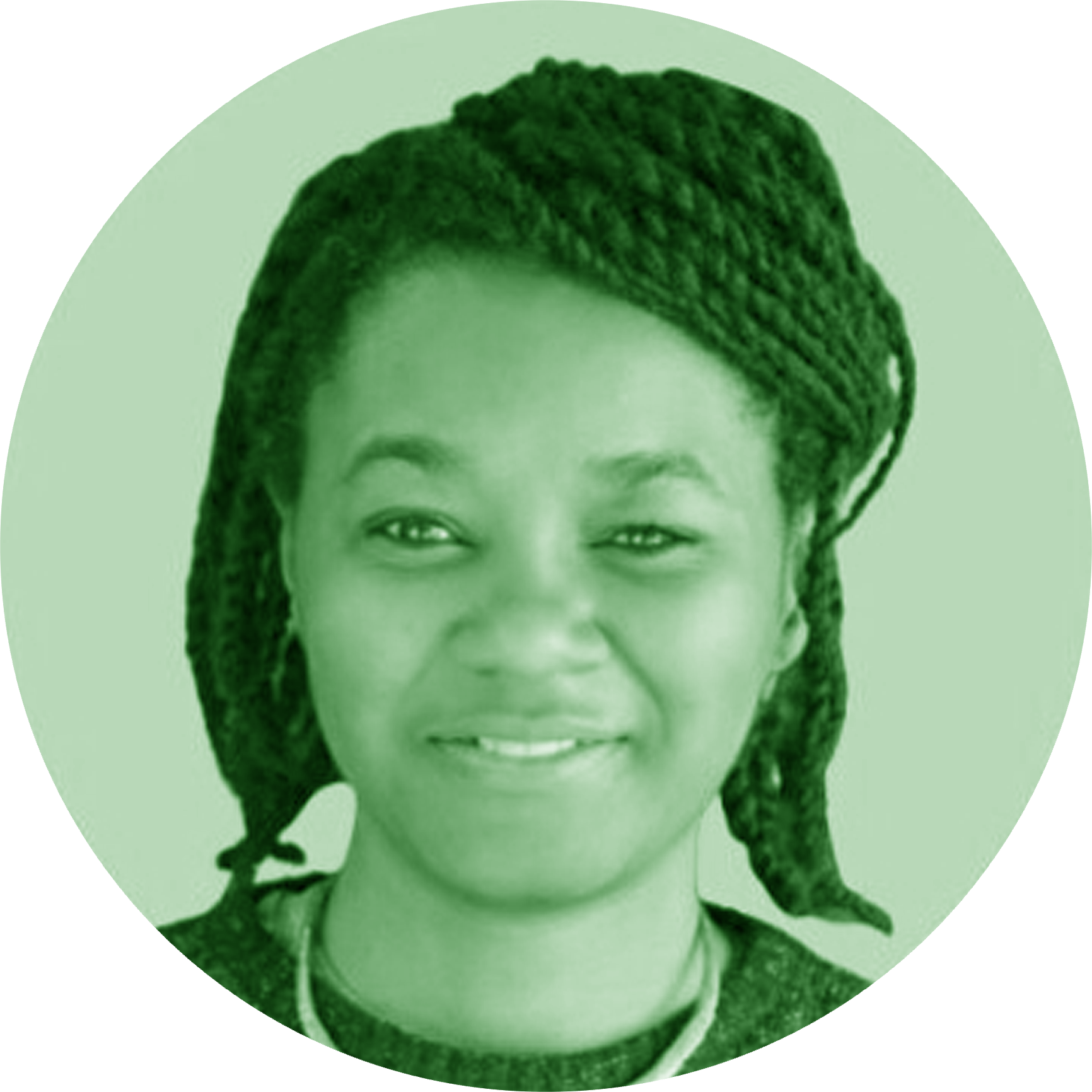
Session 4:
15:30 - 17:00 (BST)
Subtle Geographies
Erven and Other Hyperreal Constructions of Value
Intercommunalism as Abolition: Huey P Newton and the Politics of Borders
Who will bear witness?
Maria
Aragão
Architecture as an Intersection: hybridity in downtown Kampala
Anna Sango
Erven and Other Hyperreal Constructions of Value
Sarah de Villiers
Intercommunalism as Abolition: Huey P Newton and the Politics of Borders
Nivi Manchanda
Who will bear witness?
Maria
Aragão
Architecture as an Intersection: hybridity in downtown Kampala
Thomas Aquilina
Respondent:
Ozayr Saloojee
Saloojee is an Associate Professor at Carleton’s Azrieli School of Architecture & Urbanism in Ottawa. Beyond his personal research and teaching, Saloojee is creating new platforms for students to engage in critically important studio work surrounding equity, justice, contested territories, radical acts of joy Saloojee is also a co-director of the Carleton Urban Research Lab and cross-appointed faculty at the university’s Institute for African Studies. Born and raised in Johannesburg, South Africa, he has taught in Canada, Europe, and the US. He completed his B.Arch. and post-professional M.Arch. (Theory and Culture), at Carleton University and completed his doctoral work at the Bartlett School of Architecture, UCL.
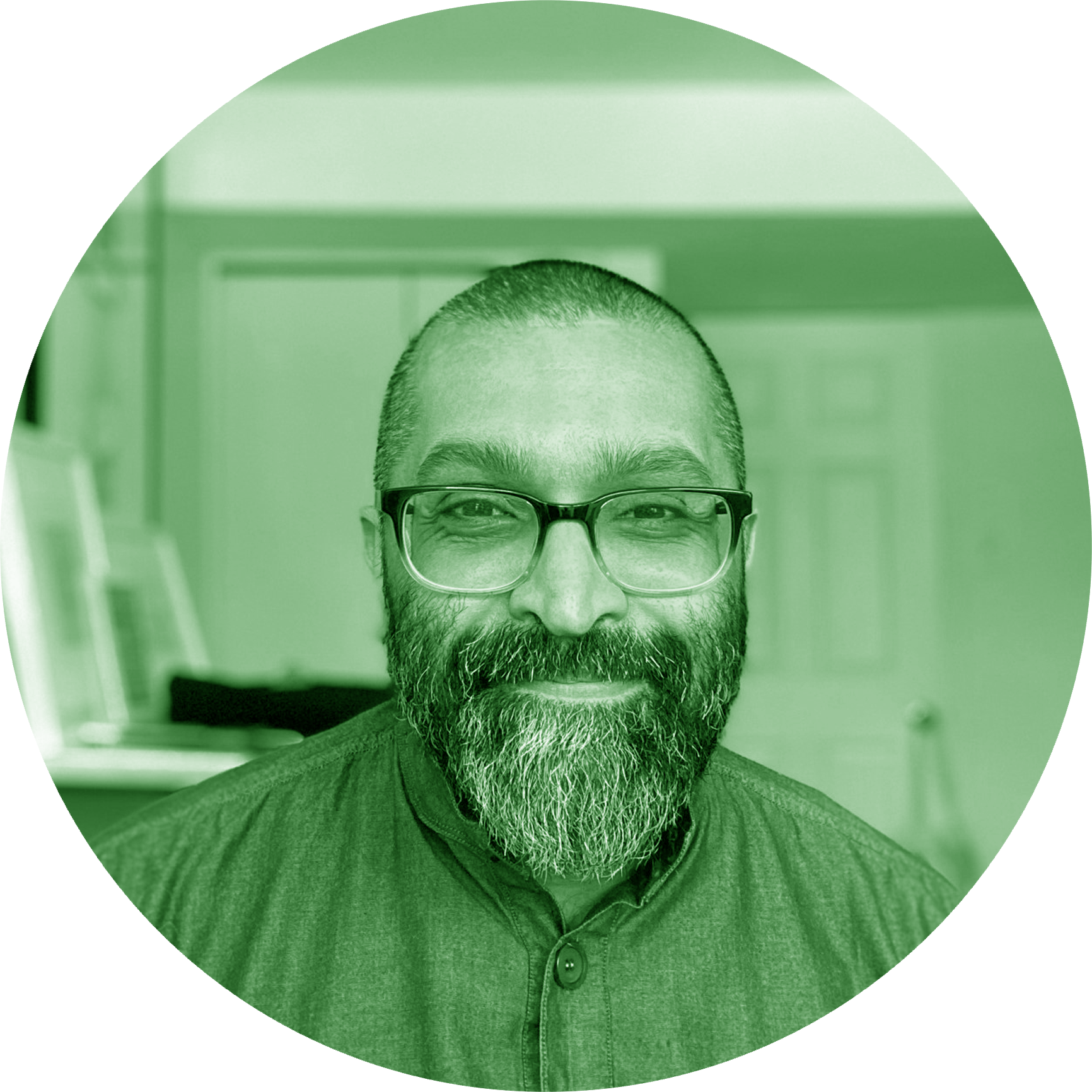
Session 5:
17:30 - 19:00 (BST)
Unajua kupika sombe? Connecting Congolese Kitchens in South Africa
Gloria Pavita
From Minneapolis to Dessau, from Moria to Tripoli, from the shores to the land and the sea: Transnational Geographies of Abolition
Vanessa Eileen Thompson
The Bordering Identity of a Northeast Afro-Arabian
Iman Nagy
Architectures of the (Un)inhabitable
Egbert Alejandro Martina
spationalized
Franka van Marrewijk
Gloria Pavita
From Minneapolis to Dessau, from Moria to Tripoli, from the shores to the land and the sea: Transnational Geographies of Abolition
Vanessa Eileen Thompson
The Bordering Identity of a Northeast Afro-Arabian
Iman Nagy
Architectures of the (Un)inhabitable
Egbert Alejandro Martina
&
Ola Hassanain
spationalized
Franka van Marrewijk
& Edgar Lushaju
Respondent:
Suzanne Hall
Suzanne Hall is an interdisciplinary urban scholar and her work connects the asymmetries of global migration and urban marginalisation. From the grounded perspective of peripheral street economies, she explores the racialised frameworks of citizenship and economic inequality and their everyday contestations. By moving between globe, state and street, she engages with the margins as a capricious space in which social sorting, cultural intermixtures and claims to difference are forged. Her work pays attention to how wide geographies shape our knowledge of the urban condition, and is invested in the ethnographic possibilities of seeing political economies through the everyday.
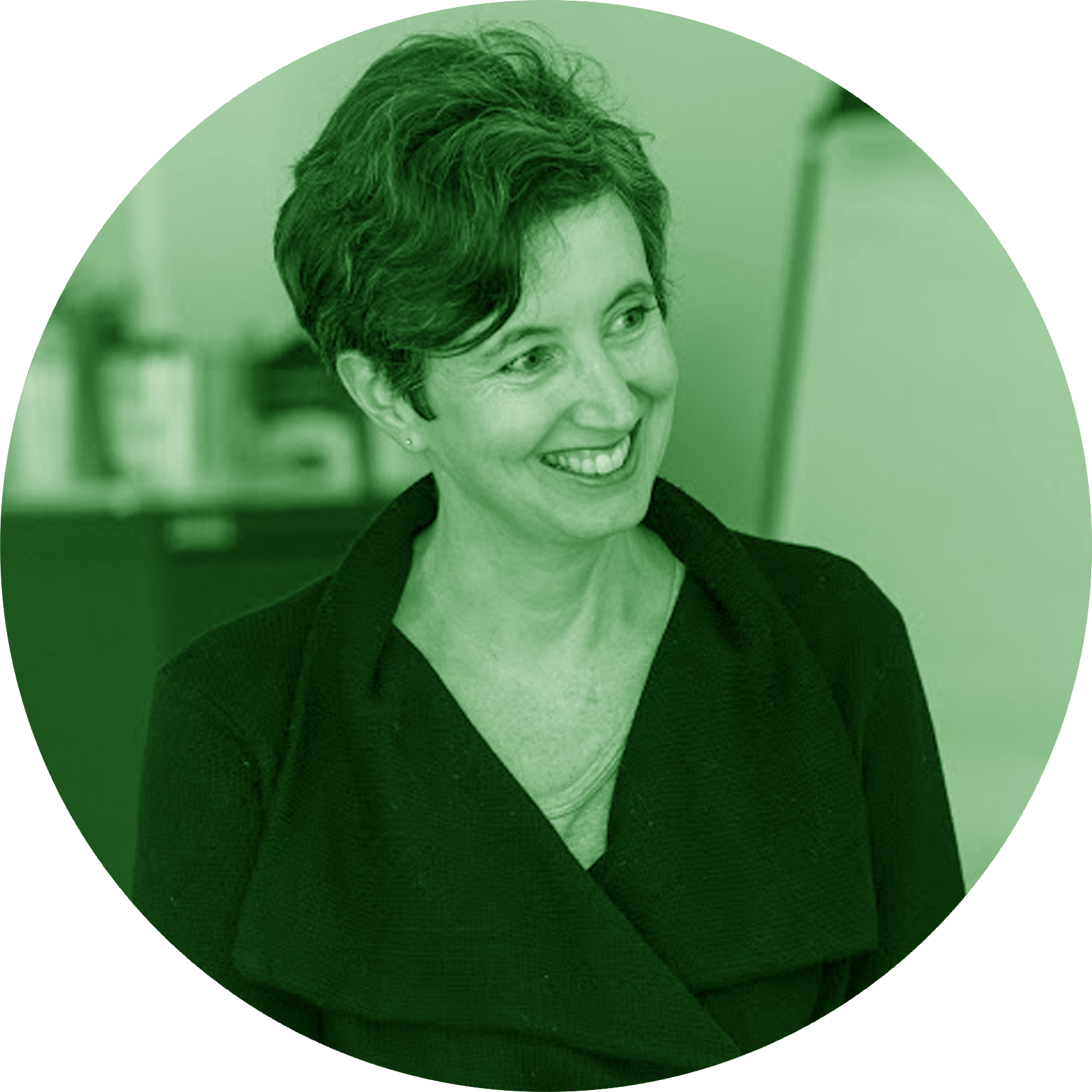
Session 6:
19:30 - 21:00 (BST)
Sensing Cairo
Azza Ezzat
Running in the Shadows: Fugitive Movements across and beyond the Dark City
Jacquelin Kataneksza
The City of Embellished Blemishes
Grace Adeniyi-Ogunyankin
Seeds of Resistance
Ella den Elzen
ULI KWINA (translation: you are/it is elsewhere)
kyle malanda
Azza Ezzat
Running in the Shadows: Fugitive Movements across and beyond the Dark City
Jacquelin Kataneksza
The City of Embellished Blemishes
Grace Adeniyi-Ogunyankin
Seeds of Resistance
Ella den Elzen
ULI KWINA (translation: you are/it is elsewhere)
kyle malanda
Respondent:
Marc Miller
Marc Miller has degrees in Art History, Fine Arts, Architecture, and Landscape Architecture. His research focuses on representations of landscape in popular culture, synthesizing these lessons learned in culture, politics, making, craft, and scale. At the core of all of this research is the idea that landscape architectural ideation and imagery must shift to look towards problem-solving for the future instead of repeating design processes from the past to remain relevant. The goal is to teach students how to be critical of the past and responsive to their futures using speculative thinking and design fiction.
To that end, Miller explores contemporary forms of media to communicate design problems to broad audiences. He focuses primarily on television and similar serial-based narratives. He is also interested in other mediums that enable worldbuilding to construct conversations and ideas about future landscapes.
To that end, Miller explores contemporary forms of media to communicate design problems to broad audiences. He focuses primarily on television and similar serial-based narratives. He is also interested in other mediums that enable worldbuilding to construct conversations and ideas about future landscapes.
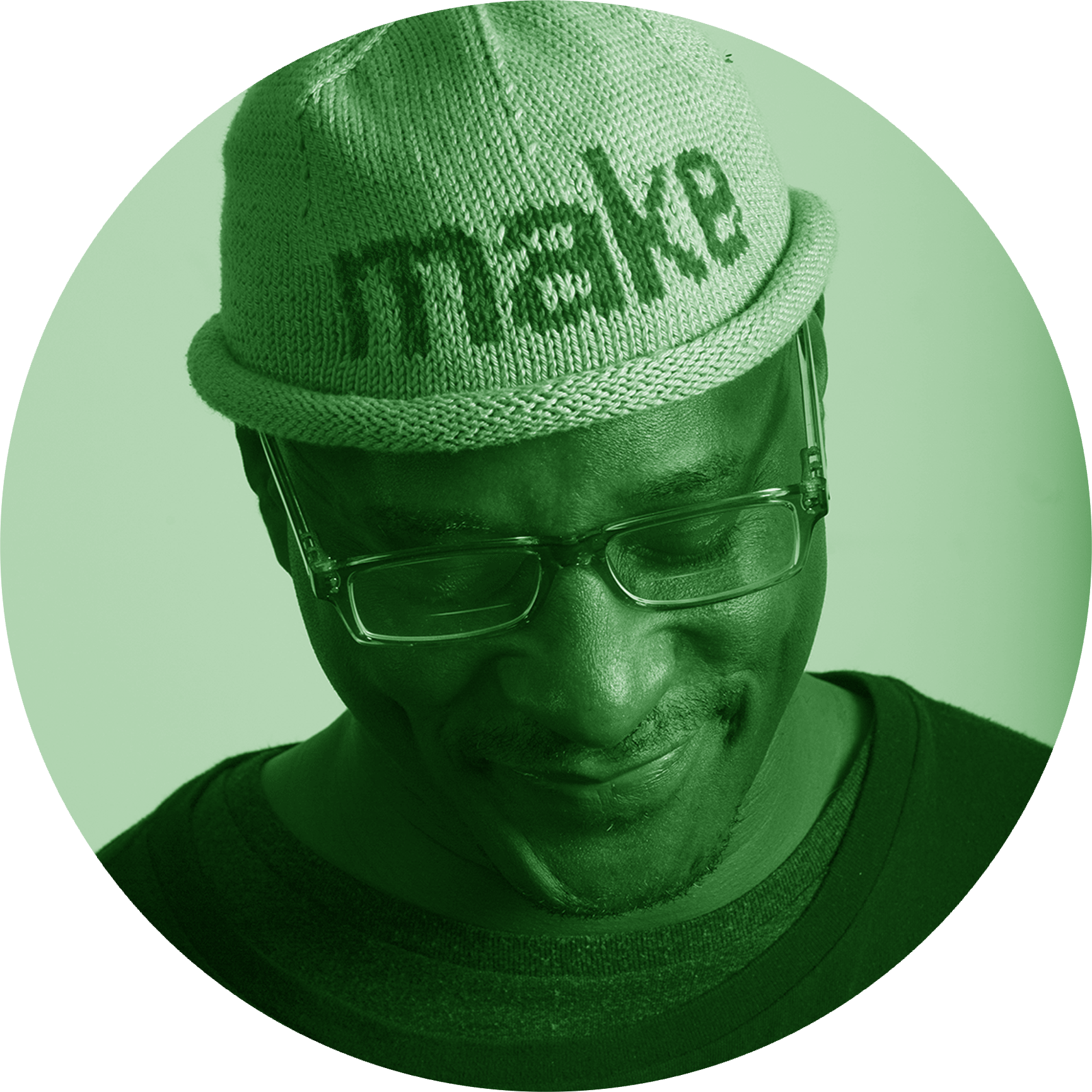
Disembodied Territories is funded by the London School of Economics and the Vlaams Architectuurinstituut
Copyright © 2022 Disembodied Territories. All Rights Reserved
Copyright © 2022 Disembodied Territories. All Rights Reserved

